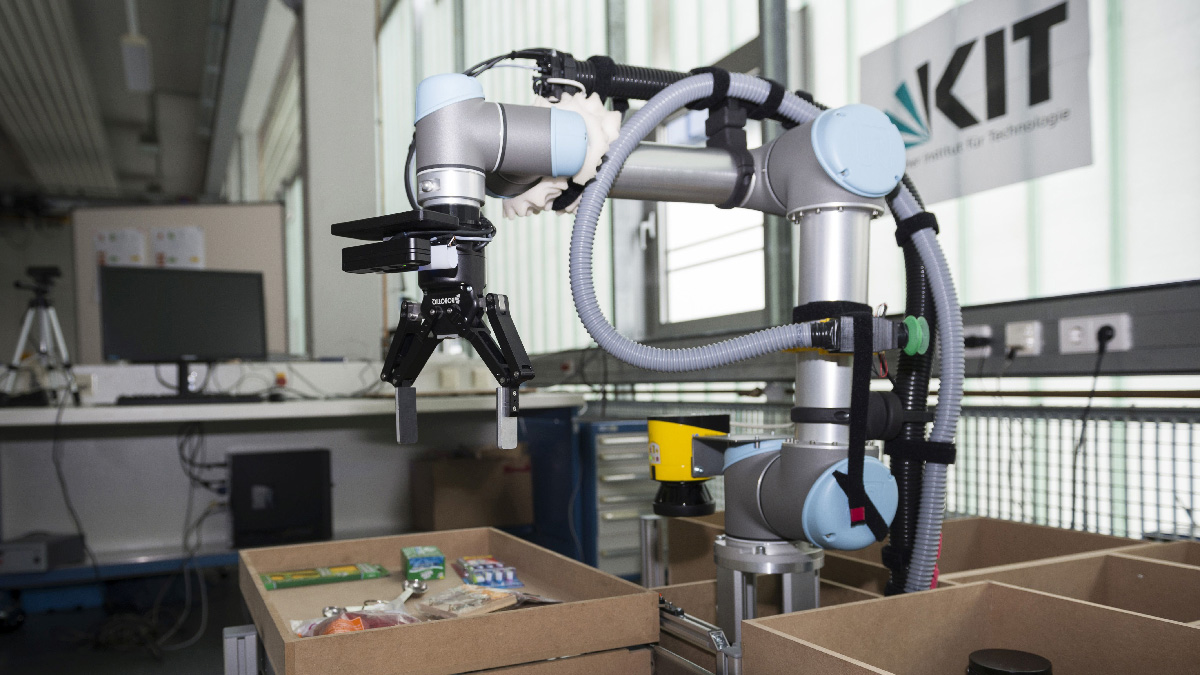How robots can help with the shopping
In a world of online malls

The end of the days where warehouses are staffed with people is within sight. In recent years, more and more robots have been stacking and retrieving for online stores like Amazon, increasing efficiency but at the same time reducing opportunities for human employment.
Every year, following the RoboCup, a second international competition is held for these warehousing bots - the Amazon Robotics Challenge. Contestants are asked to design a shelving system alongside a bot that perform both a pick task and a stow task.
In the pick task, the robot must interpret a set of picking orders, grab the products from the shelves according to the order list, and then place those products into three different boxes. In the stow task, the robot must put products onto shelves, and then document the contents of those shelves.
Pick up and store
What's tricky, though, is that the teams are only given the full list of products that'll be on the list 30 minutes before the start of the competition. Before that, they only know half. So the ability to quickly teach the robots what they need to pick up and store is very important.
One of the competing teams came from the Karlsruhe Institute of Technology. “As today’s warehouse systems have reached their technical limits, we wanted to develop a completely new system for the 21st century in order to make full use of the advantages of the robot gripper," said Kai Markert, who captained the team.
Their system used either a gripper or a suction pad depending on the product to be picked. A camera supplied 2D and 3D images of the product, and neural networks were combined with image recognition algorithms to figure out what the objects actually were. Their bot could either have pre-set grip points, or points calculated from the position and size of the object.
You can see it in action here:
Sign up for breaking news, reviews, opinion, top tech deals, and more.
"In an exciting week with three intensive competition days we mastered several challenges and learned a lot. It was a big success for our young team to be able to compete with the best in the world in Japan," added Markert.
